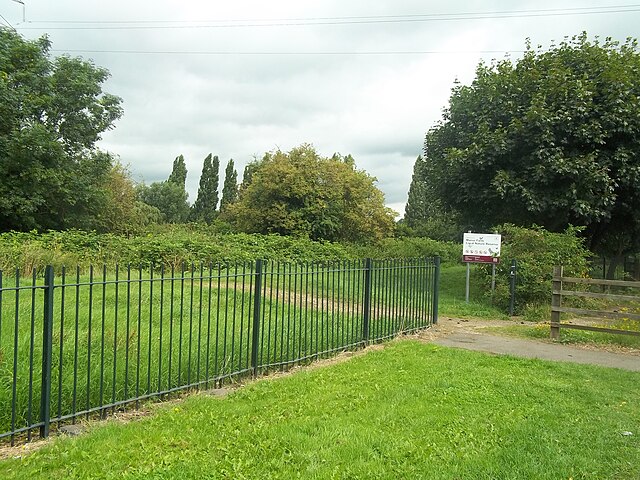Newts, hummingbirds and woods vie with hay, cattle and sheep on a nature farm recreating 1805 conditions in Northumberland, UK.
The 440 acres at Middleton North estate have come a long way before reclaiming their former environmental glory. Charlotte and Charlie Bennett started revamping this north-east England Northumberland farm as late as 2019. That same year, southeastern England’s famous Newbury agricultural show was holding its last show before a 2-year hiatus.
According to Charlie, other than the livestock, wildlife on the farm has not been always there. The farm lost touch with nature in the 18h century after the political beheading of its originator, reports the BBC.
It was not until three centuries later during the Covid-19 period that the Bennetts decided to recover the farm’s 1805 look.
After consulting a library map, they sought to bring back the hedgerows, woods, ponds, wildlife and birds, including a crane.
Sure enough, a crane flew into the farm just two years into the revamp, probably after sighting the changes.
George Dodds, the area’s wildlife expert recounts sighting around “380 yellowhammers” in a recent snowy winter on the farm.
Bringing these natural sights to Middleton North has not been an easy fete, however. Several organisations, including the government’s Countryside Stewardship and the local Woodland Trust have chipped in to aid the recreation.
Coca Cola, too, has helped with the reconstruction of the ponds, a partnership that is still ongoing.
Overall, Charlie feels that their nature farm is not a project for recreating a wilderness but a harmonious one. It is land for growing crops and raising local livestock, while looking after the environment.
He says that the Charlotte family will continue to grow food here and still tender to the environment “as a crop.” Indeed, 70% of the farm’s arable land is an ecological partition that features wildlife, woods and grasses.
How did the farm become a hit? In 1716, the earl James Radclyffe lost the farm to the government after participating in the Jacobite uprising. His beheading that same year saw his land cede to a local hospital for injured beneficiaries.
Luckily, an 1805 cartographic map kept the original state of the land securely in a library. It is this that the Bennetts consulted after resettling their regained farm in 2019 at the break of the coronavirus pandemic.
The couple views its activities on the farm as “common sense farming.” They mix subsistence farming with ecology and they hope to keep the momentum as they restore the nature farm.
